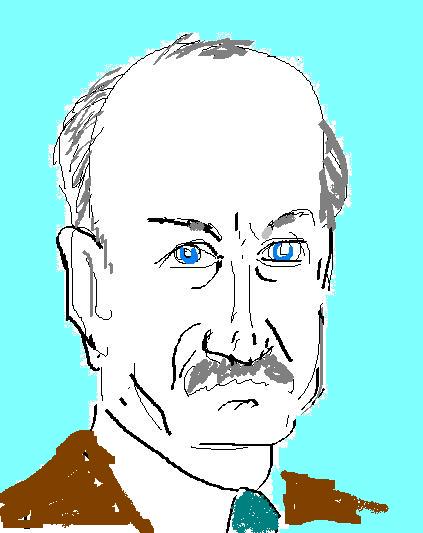Talcott Parsons Frases y Citas
Talcott Parsons: Frases en inglés
Fuente: Toward a general theory of action (1951), p. 159
Talcott Parsons (1968) "Systems Analysis: Social Systems" in: David L. Sills ed. International Encyclopedia of the Social Sciences. p. 472
Talcott Parsons (1942) "Propaganda and Social Control". in: Parsons (1954) Essays in sociological theory http://archive.org/details/sociologicaltheo00pars , p. 143
Fuente: The structure of social action (1937), p. 9
Fuente: Toward a general theory of action (1951), p. 3
Fuente: The social system (1951), p. 5-6
Fuente: The structure of social action (1937), p. v; Preface first edition
Talcott Parsons (1956: 64); Partly cited in: Chiara Demartini (2013). Performance Management Systems: Design, Diagnosis and Use. p. 17
Talcott Parsons, Robert Freed Bales (1956) Family: socialization and interaction process http://archive.org/details/familysocializat00parsrich. p. 16
Fuente: The structure of social action (1937), p. 17
Preface second edition, 1949
The structure of social action (1937)
“Ideology is a system of beliefs, held in common by the members of a collectivity.”
Fuente: The social system (1951), p. 349
Fuente: The structure of social action (1937), p. 8
Talcott Parsons (1968) "Systems Analysis: Social Systems" in: David L. Sills ed. International Encyclopedia of the Social Sciences. p. 458; Cited in: Ida R. Hoos (1972) Systems Analysis in Public Policy: A Critique.
Fuente: The social system (1951), p. 319-320 as cited in: Paul Gingrich (2002) " Functionalism and Parsons http://uregina.ca/~gingrich/n2202.htm," Sociology. 250. November 15-22, 2002
